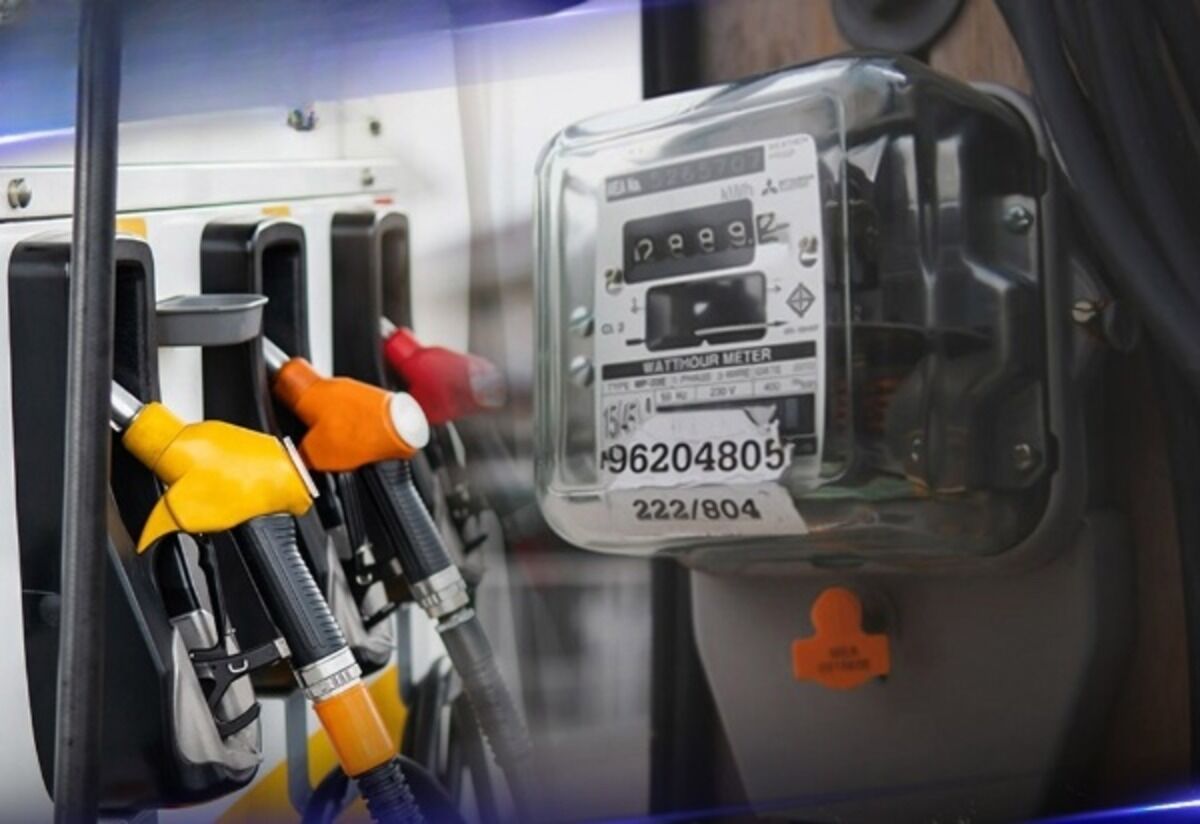Thailand freezes electricity prices to save consumers

To alleviate financial pressure on its citizens, the Thai government confirmed it will maintain the current cap on electricity prices at 4.18 baht per unit and diesel prices at 33 baht per litre until the end of the year. This announcement came from Energy Minister Pirapan Salirathavibhaga following a recent Cabinet meeting.
Minister Pirapan assured the public that a special subsidy for electricity prices, set at 3.99 baht per unit, will continue for vulnerable populations who consume less than 300 units per month.
“This subsidy is crucial for helping our most vulnerable citizens manage their utility bills.”
Funding for the diesel price cap will be sourced from the Oil Fuel Fund, while the electricity prices subsidy will be financed by the central government’s 2024 fiscal budget, estimated at a substantial 1.9 billion baht. This financial strategy aims to ease the burden on Thai households during these challenging times.
In addition to these measures, the Energy Regulatory Commission (ERC) is reviewing the fuel tariff (FT) for electricity from September to December. This review will help the Electricity Generating Authority of Thailand manage its debts more effectively. The agency is considering three possible rate adjustments, which could see prices increase to 6.01, 4.92, or 4.65 baht per unit from the current rate.
The ERC has invited the public to share their opinions on these proposed changes through their website until July 26. A final decision is expected on September 1, and Minister Pirapan emphasized the importance of public input in this process, reported Pattaya Mail.
“We urge everyone to voice their opinions to ensure a fair and balanced decision.”
ORIGINAL STORY: Cabinet caps power bills and diesel prices to aid businesses, public
The Cabinet implemented measures to cap power bills at 4.18 baht per unit until the end of the year and set a diesel price ceiling at 33 baht per litre until October 31.
Energy Minister Pirapan Salirathavibhaga announced that the Cabinet approved the Energy Ministry’s proposal to maintain the electricity rate at 4.18 baht per kilowatt-hour for September through December 2024. Measures are also in place to support vulnerable groups consuming no more than 300 units of electricity per month.
Additionally, the Cabinet agreed to cap the retail diesel price at 33 baht per litre, a price the Oil Fuel Fund can sustain until the end of October. Post-October, the Energy Ministry will monitor and manage oil prices as necessary, said Pirapan.
“We [the Energy Ministry] will discuss with the Finance Ministry, which may use an excise tax reduction on diesel as a supplementary measure or other measures to help stabilise oil prices further.”
Pirapan further mentioned that he is expediting legislation to set a cap on oil prices. Although it will not be ready by the end of October, it is crucial to propose it to Parliament promptly, as Thailand has been without such a law for five decades despite the significant impact of oil prices on the public.
“We have been without a law to manage oil prices for over 50 years, even though it significantly affects the public. When oil prices rise, we complain, but the fact is that the ex-refinery price of oil in the country is only around 20 baht per litre.
“However, the price of 1 litre of oil includes components such as ethanol and biodiesel, as well as various taxes, including an excise tax on oil of 5.99 baht per litre. Therefore, our oil price reaches 38 to 40 baht per litre. If we had a law, we could manage oil prices for the public.”
Business closures
Kriengkrai Thiennukul, Chairman of the Federation of Thai Industries (FTI), expressed relief over the government’s decision to maintain the power tariff at 4.18 baht per kilowatt-hour, which alleviates concerns about rising operating costs that could lead to business closures.
Earlier, Kriengkrai stated that the federation could not support any plan by energy officials to increase the power tariff by 11 to 44%. He emphasised that many businesses, particularly small and medium-sized enterprises (SMEs), are already struggling with the current economic downturn and cannot afford additional costs.
Higher operating costs have contributed to the closure of numerous factories. During the first five months of this year, 600 factories shut down compared to 358 in the same period last year, according to the FTI. The federation noted that the value of these factories was generally lower than the previous year on average, indicating that most closures involved smaller factories, said Kriengkrai.
“The smaller size shows that they are SMEs. We wonder whether they will survive if the electricity price increases.”
The measures aim to provide immediate relief to businesses and vulnerable groups, while long-term legislative changes are being pursued to ensure stability and manage energy prices more effectively in the future, reported Bangkok Post.
Latest Thailand News
Follow The Thaiger on Google News:


























